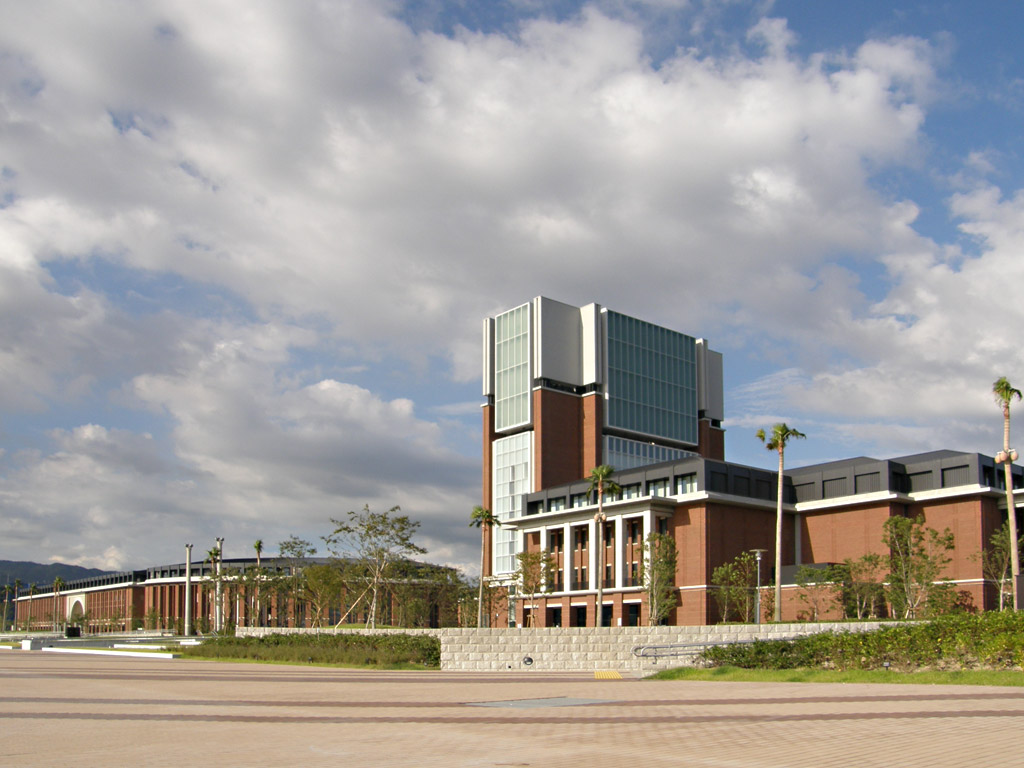
A group of pharmacology researchers in Japan have now lost four papers over concerns about the validity of their data.
The studies come from a group at Kobe Gakuin University, which conducted a misconduct investigation into the articles last year and concluded that 10 papers were affected. (Note: The report is in Japanese and does not identify the person or persons responsible for the deception.)
Among the latest to be retracted is a 2012 article in the Journal of Natural Medicines titled “Honokiol suppresses the development of post-ischemic glucose intolerance and neuronal damage in mice.”
The first author on the paper is Shinichi Harada; the corresponding author is Shogo Tokuyama. The pair published roughly three dozen articles together dating back to 2008.
According to the retraction notice in Journal of Natural Medicines:
This article [1] has been retracted at the request of the corresponding author because an Investigation Committee established by Kobe Gakuin University (Kobe, Japan) has found numerous discrepancies between the raw data and the data presented in Figs. 6b, d. Statistical analysis of the raw data showed no significant difference between conditions. Authors S. Harada, K. Nakamoto, W. Fujita-Hamabe, H.-H. Chen, M.-H. Chan, and S. Tokuyama agree with this retraction. Authors M. Kishimoto and M. Kobayashi could not be reached for comment about this retraction.
The paper has been cited 20 times, according to Clarivate Analytics’ Web of Science.
Also newly retracted is “Ameliorating effect of hypothalamic brain-derived neurotrophic factor against impaired glucose metabolism after cerebral ischemic stress in Mice,” which appeared in 2012 in the Journal of Pharmacological Sciences and has been cited 16 times.
Although the retraction notice cites falsified data, it does not mention an institutional investigation:
This article has been retracted at the request of the Authors. In Figure 1C some of the numbers of the original raw data were changed. Hence, the Figures were different from real Figures obtained from original raw data and the significant difference in Figure 1C was not obtained.
We tried to reach Harada using his university email address but the message could not be delivered. Tokuyama has not responded to a request for comment.
Like Retraction Watch? You can make a tax-deductible contribution to support our work, follow us on Twitter, like us on Facebook, add us to your RSS reader, or subscribe to our daily digest. If you find a retraction that’s not in our database, you can let us know here. For comments or feedback, email us at [email protected].